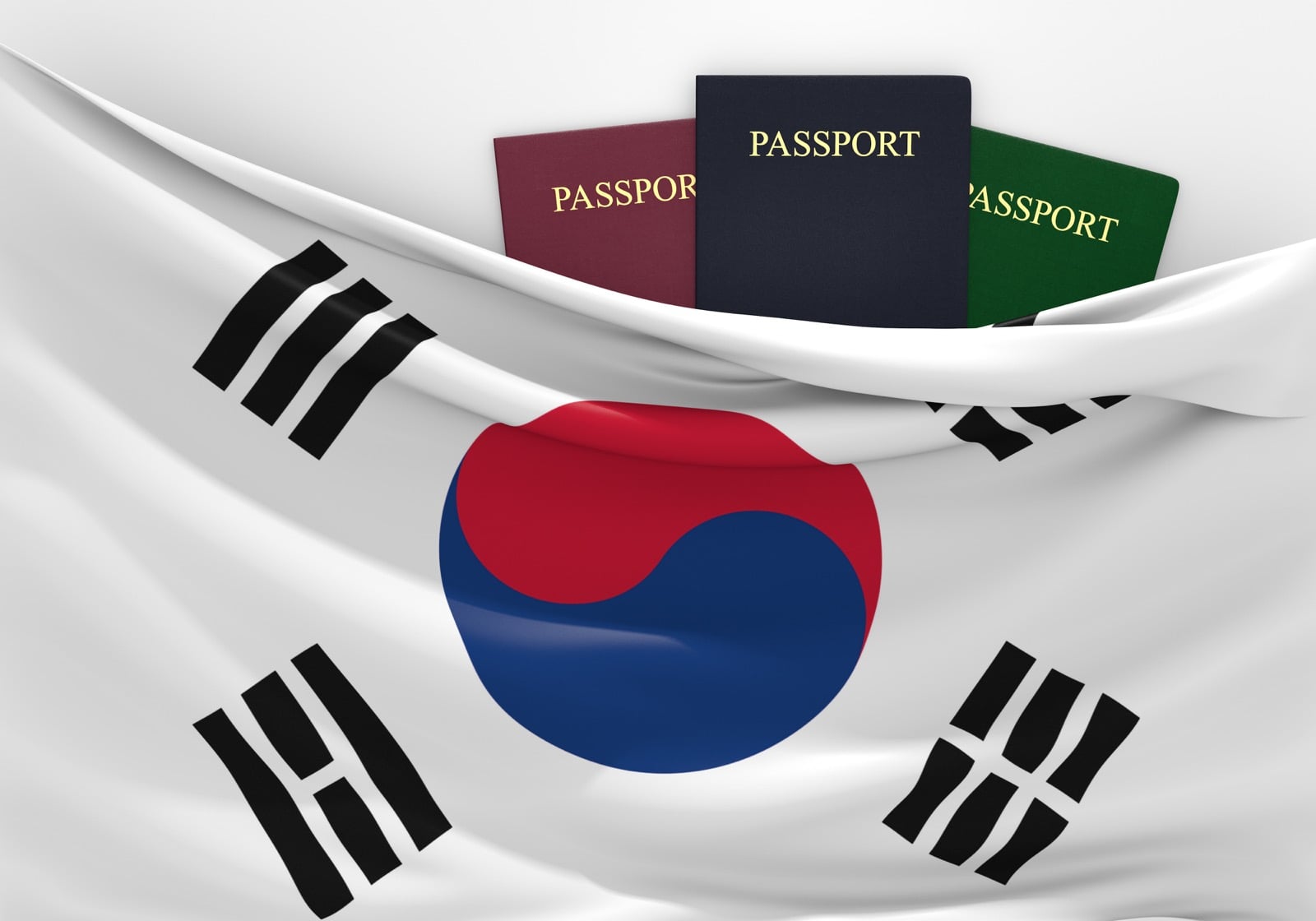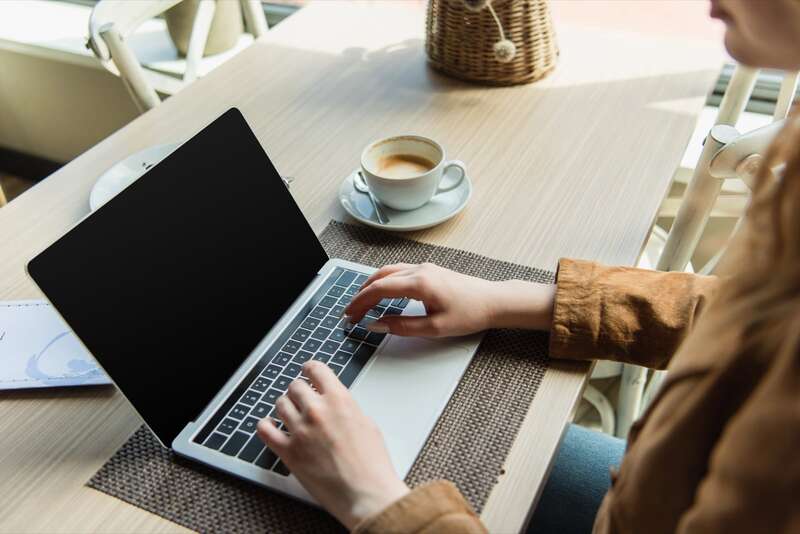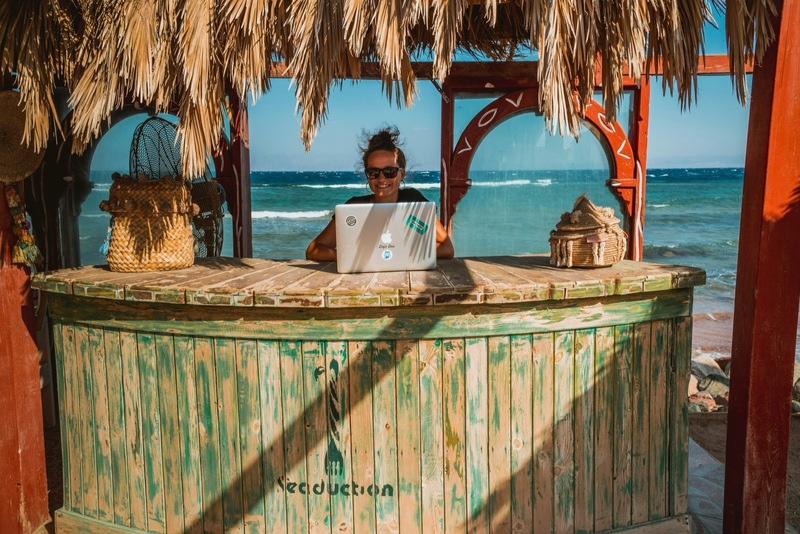South Korea is a vibrant and modern country steeped in rich cultural heritage and tradition. It’s also a growing tourist destination thanks to luggage storage in Seoul and other modern conveniences.
If you're planning your first trip to South Korea, it's essential to familiarize yourself with its customs and culture. Here are nine cultural etiquette tips to keep in mind during your first trip to South Korea.

1. Respect for Elders and Authority
In South Korea, respect for elders and authority is deeply ingrained in the culture. It's customary to use honorific language (known as "jondaetmal") when speaking to someone who is older or has a higher position than you.
For example, instead of saying "hello," you would say "annyeonghaseyo." Similarly, if you're addressing someone older than you, you would use "oppa" for an older brother or "unni" for an older sister.

2. Remove Your Shoes Before Entering Homes and Temples
Removing your shoes before entering homes and temples in South Korea is customary. You'll often see a rack or shelf near the entrance where you can leave your shoes.
You'll also need to remove your shoes before entering some restaurants, traditional Korean inns, and even some stores. If you're unsure whether to take off your shoes, look for a sign or follow the locals' leads.

3. Bowing as a Sign of Respect
When greeting someone, it's customary to bow slightly to show respect. The depth of the bow depends on the situation and the person's status.
A slight nod is sufficient when greeting someone in a casual setting. However, a deeper bow is appropriate when meeting someone for the first time or when showing respect to someone older or with a higher position than you.
4. Gift-Giving and Receiving
Gift-giving and receiving are essential parts of Korean culture. When giving a gift, it's important to wrap it nicely and present it with both hands. The recipient will often refuse the gift at first as a sign of politeness.
However, you should insist on giving it and not be offended by the initial refusal. You should express your gratitude and offer a small gift in return when receiving a gift.
5. Chopstick Etiquette
South Korea, like many other Asian countries, uses chopsticks as their primary eating utensils. It's essential to observe proper chopstick etiquette, such as not sticking chopsticks upright in a bowl of rice, as it resembles incense sticks used in funerals.
Additionally, it's considered impolite to use your chopsticks to spear food or to pass food from one person's chopsticks to another's.

6. Dining Etiquette
Korean dining etiquette can be quite different from Western dining etiquette. For example, it's customary to wait until everyone has been served before eating, and it's polite to take small portions rather than serving yourself a large amount.
You should also wait for the oldest or highest-ranking person to start eating before you begin. Finally, it's customary to finish all the food on your plate as a sign of respect for the host.
7. Public Behavior
Korean society places a high value on harmony and consideration for others. As such, you should avoid loud or disruptive behavior in public. You should also avoid eating or drinking while walking and dispose of your trash properly.
Additionally, it's considered impolite to blow your nose in public or to show the soles of your feet to someone, as the feet are considered unclean.

8. Dress Code
While South Korea is a modern and fashion-forward country, it's still important to dress appropriately for different situations. You’ll want to cover your shoulders and knees when visiting temples or other religious sites.
Similarly, if you're attending a formal event or meeting, it's appropriate to dress in conservative and professional attire. Additionally, it's best to avoid revealing or provocative clothing in public places, as it may be considered inappropriate.
9. Use Two Hands When Accepting or Giving Items
When accepting or giving items, it's customary to use both hands as a sign of respect. This is especially true when accepting or giving business cards, which are exchanged frequently in Korean culture.
When receiving a business card, take it with both hands, read it carefully, and acknowledge the person who gave it to you. You should also use both hands when giving a gift or presenting something to someone.
Get To Know South Korea
By familiarizing yourself with its cultural etiquette, you can show respect for the local culture and enjoy a more meaningful travel experience.
Remember to be polite, considerate, and open-minded, and you'll find that Koreans are warm and welcoming hosts who are happy to share their culture with visitors.
Image source: Depositphotos.com













Write Your Comment
Please DO NOT include links, URLs or HTML in your comments - they will be automated deleted and you will waste your time.